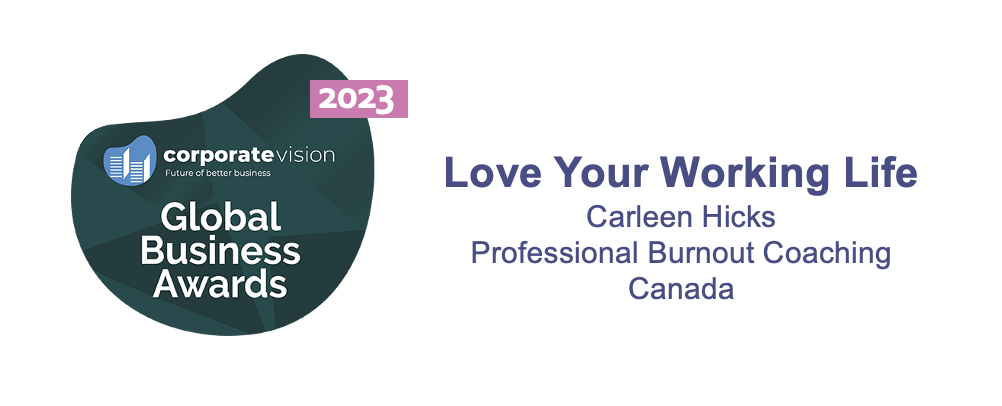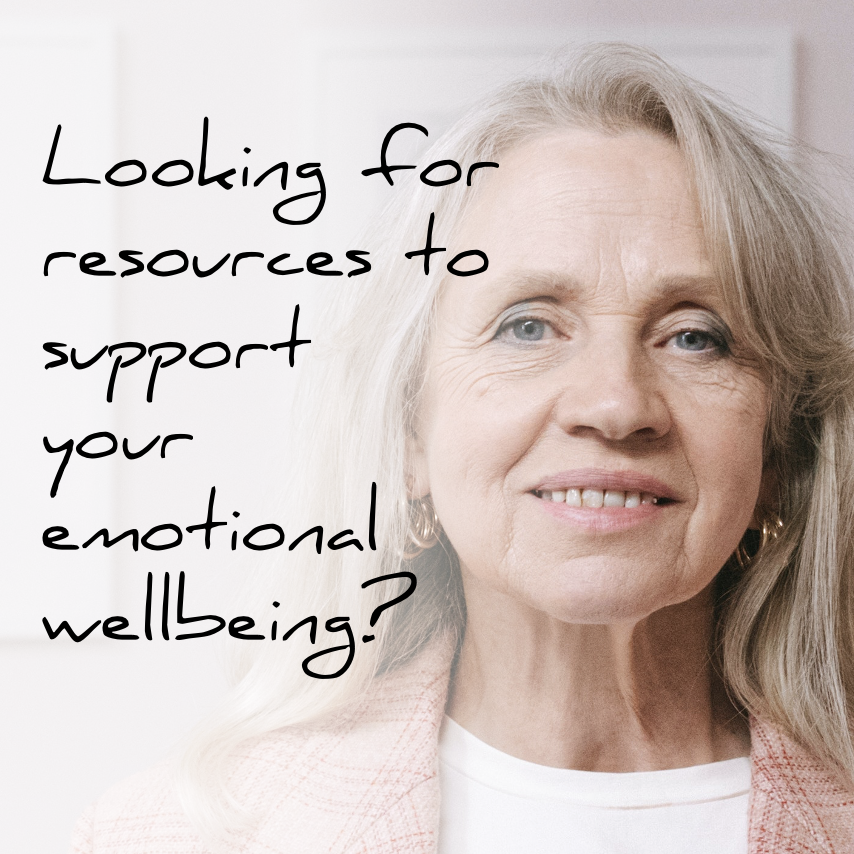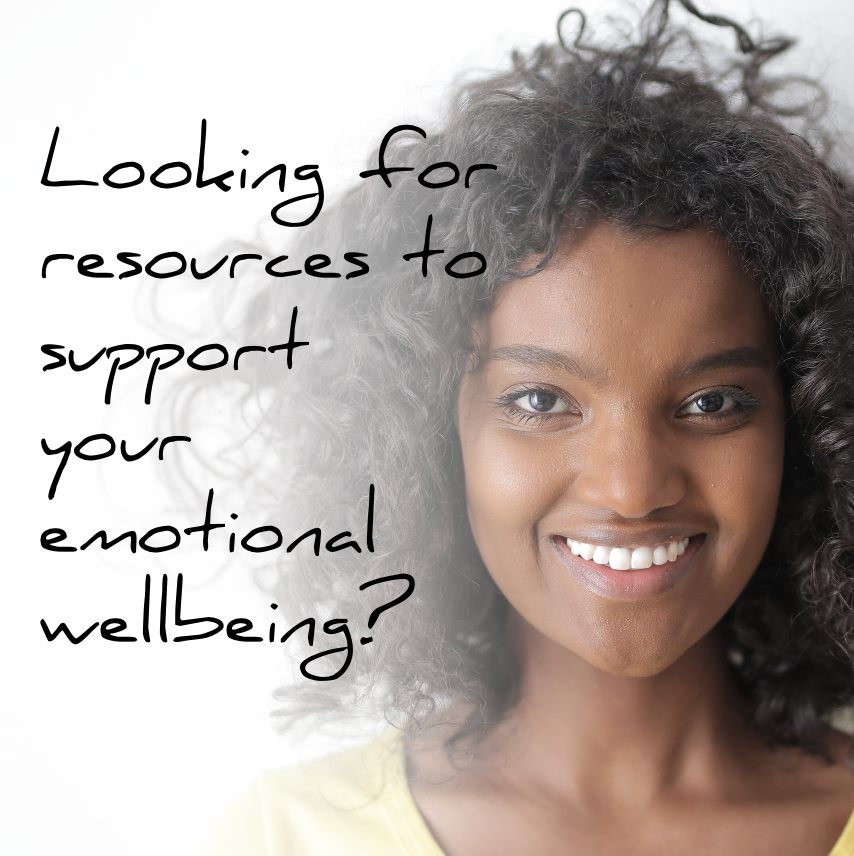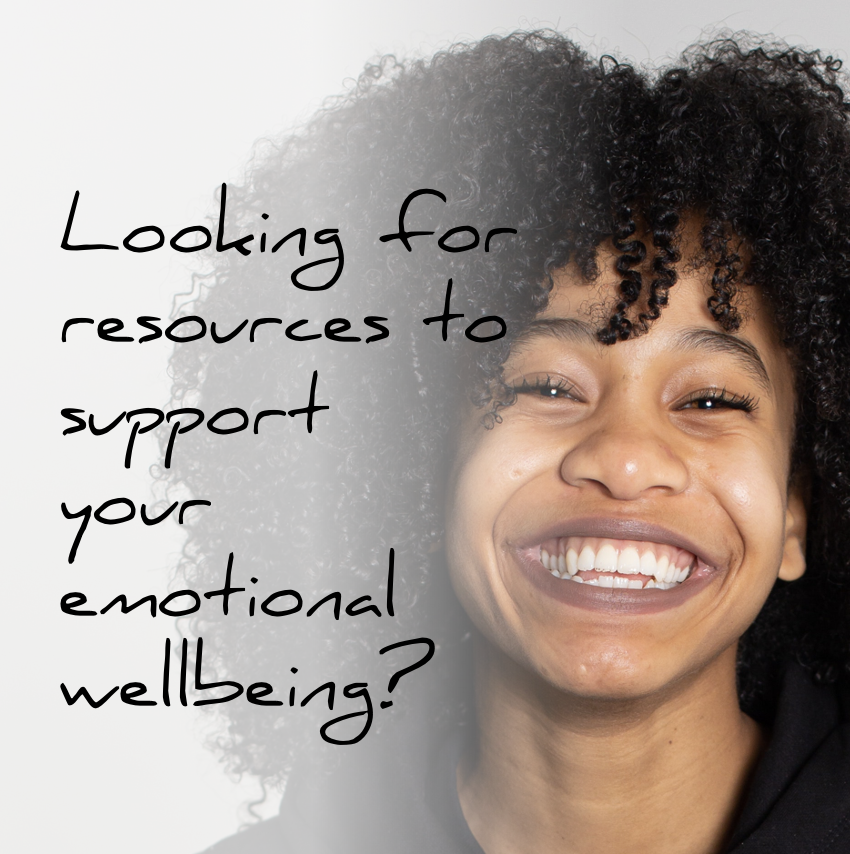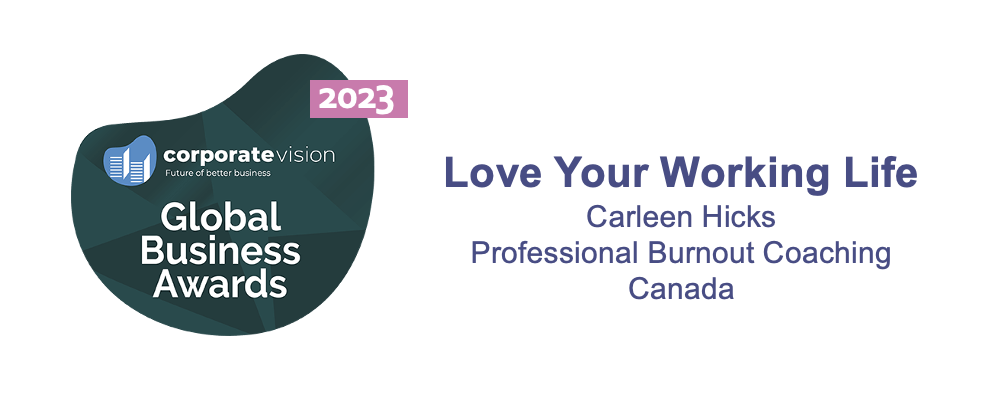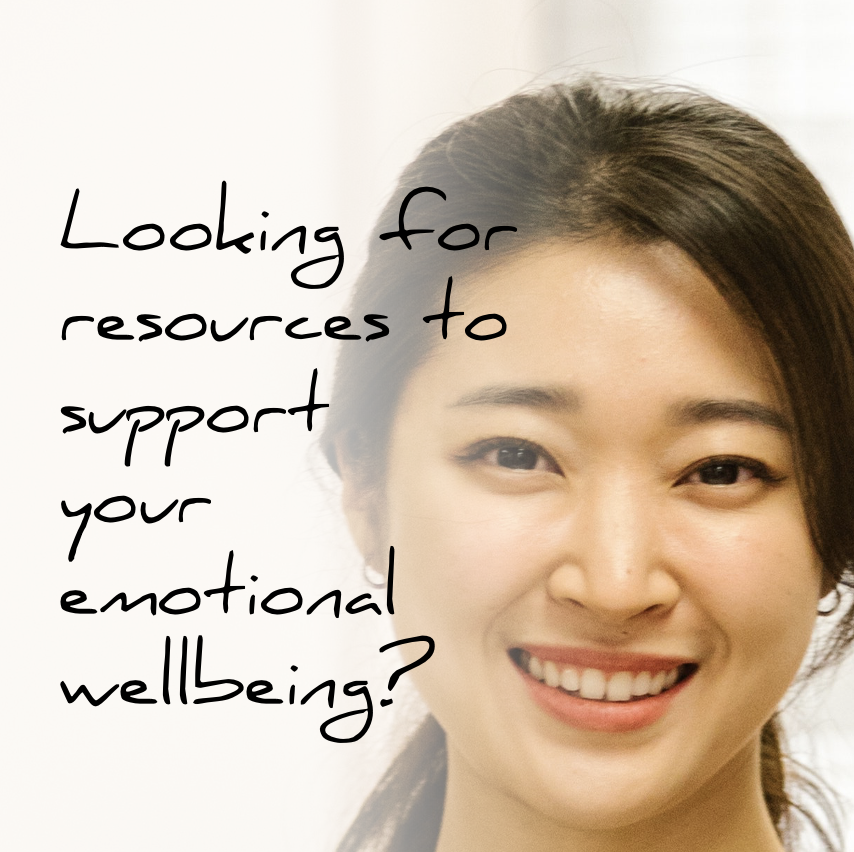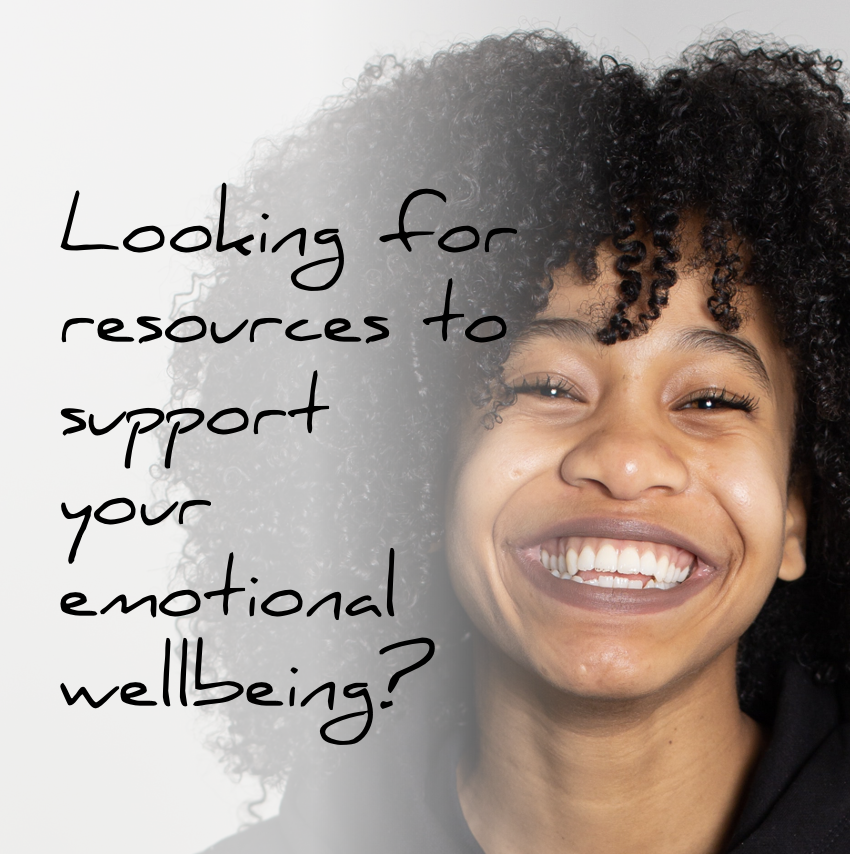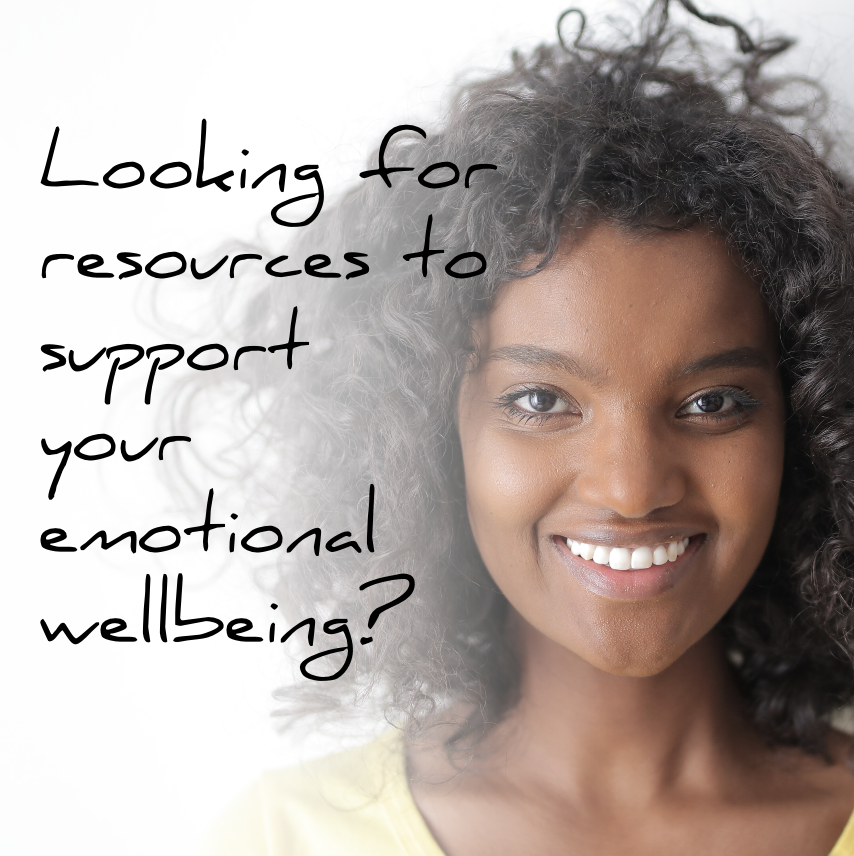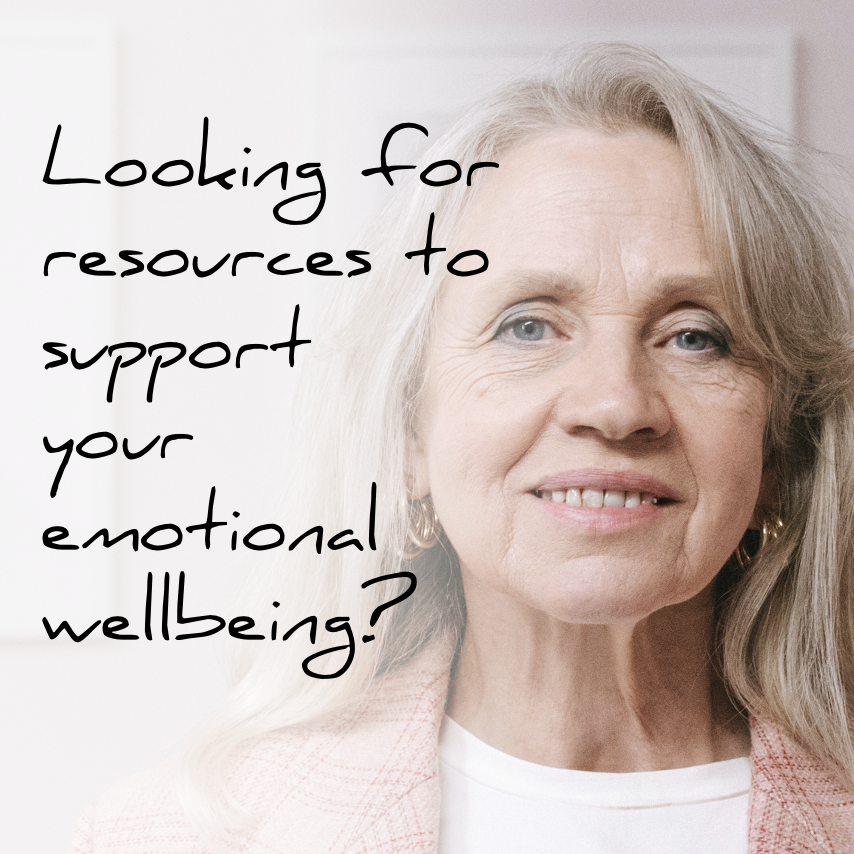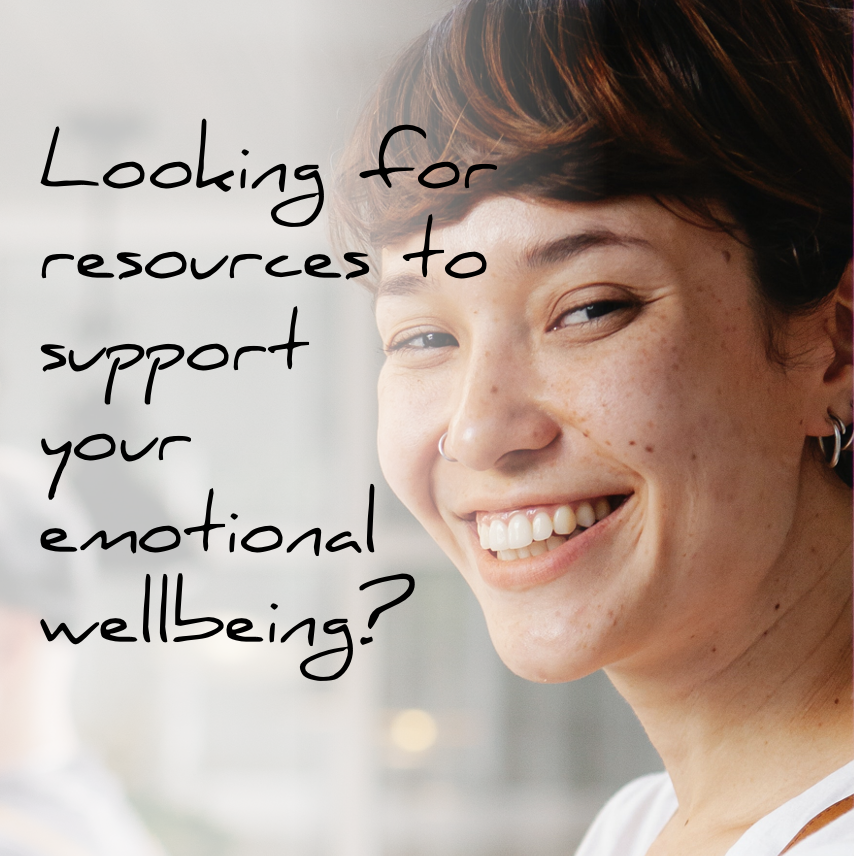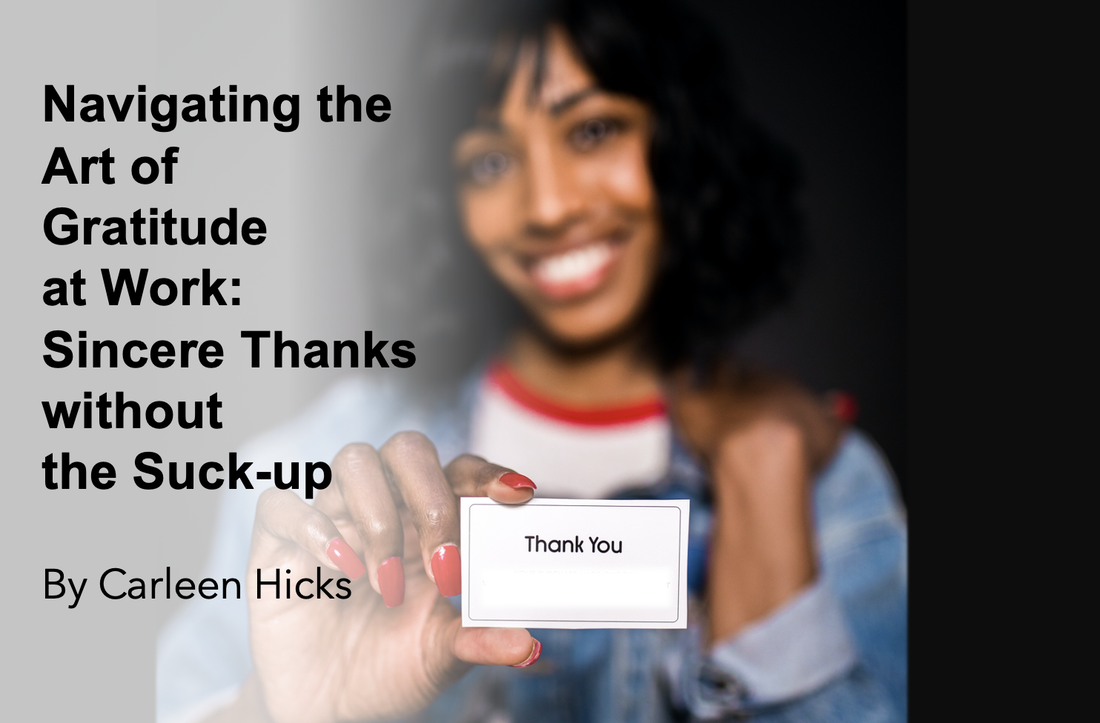|
Today, I want to delve into a topic that's often unspoken but holds the key to unlocking our emotional wellbeing and reducing burnout risk: naming what we're feeling at work. We've all been there, right? Moments when stress, frustration, or even joy, are just too difficult to articulate amidst the hustle and bustle of our daily professional lives. But trust me, taking a moment to acknowledge and name those emotions can make all the difference. First things first, let's address the hurdles that prevent us from freely expressing our emotions at work. For many, it's the fear of being perceived as weak or vulnerable. We're often conditioned to believe that showing emotions is a sign of incompetence. In a highly competitive work environment, the pressure to appear stoic can be overwhelming. So, we push our emotions aside, bottling them up for the sake of "professionalism." But here's the thing: suppressing emotions doesn't make them disappear. They linger beneath the surface, growing in intensity until they erupt in unforeseen ways. Bottling up emotions can lead to increased stress levels, anxiety, self-doubt and ultimately burnout. By acknowledging what we feel, we take back control of our emotional landscape and allow ourselves to process and manage them more effectively. Now, let's explore the benefits of naming our emotions in the workplace. By naming what we're feeling, we gain clarity about our emotional state. It's like putting a spotlight on the otherwise murky terrain of our inner world. Once we acknowledge our emotions, we can communicate them better, fostering understanding and empathy among our coworkers. Furthermore, emotional acknowledgement empowers us to seek appropriate support. When we can articulate our feelings, we're more likely to reach out to friends, family, or even professionals like a psychologist or coach to discuss our challenges and find solutions. This network of support acts as a buffer against burnout, helping us navigate the rough patches of our career with a sense of security. Additionally, being attuned to our emotions enhances self-awareness, a fundamental aspect of emotional intelligence. Professionals who can identify their feelings are better equipped to manage stress, make sound decisions, and maintain healthier relationships with colleagues. This emotional intelligence not only improves work experiences but also opens up opportunities for career growth and leadership roles. To sum up, naming what we're feeling at work may seem like a small step, but its impact is far-reaching. By shedding the stigma around expressing emotions, we can embrace our humanity and foster a healthier work environment. Acknowledging and labeling emotions provides us with the tools to navigate the challenges of our careers with grace and resilience, significantly reducing the risk of burnout. So, let's break the habit of emotional suppression and embrace the transformative power of emotional expression in the workplace. Remember, it's okay to feel, and it's okay to acknowledge what you feel (and sharing it with others)!
0 Comments
Let's talk about something that doesn’t get the attention it deserves in the workplace – your emotions. I know how hectic work schedules can be, and acknowledging emotions might seem like an unnecessary distraction. But here's the thing - understanding and accepting your emotions can actually work wonders for your mental health and overall wellbeing, driving greater productivity and respect for your work. So, let's explore and address some common roadblocks that might be stopping you from giving your emotions the attention they deserve. Fear of Feeling: I get it; emotions can be intrusive. Sometimes they can be intense, making you feel vulnerable or out of control. But guess what? It's okay to feel. Emotions are a natural part of being human. Instead of running away from them, give yourself permission to experience and process them. Embrace the fact that emotions, both the welcome and unwelcome ones, provide valuable insights into your inner world. Lack of Emotional Literacy: Identifying emotions can be tricky, especially when you're busy and overwhelmed. Emotional literacy, the ability to understand and articulate your feelings, might take some practice. Start by paying attention to physical sensations and behavioral cues that accompany certain emotions. Gradually, you'll become better at recognizing and expressing what you're feeling (to yourself, if not to others). Difficulty in Deciding What to Do: So, you've identified an emotion - great! But now what? The next step is to figure out how to respond. This can be challenging, especially if you fear that your emotions might hinder your productivity or professional image. Remember, emotions aren't your enemies; they're your allies. They can help you make better decisions and build stronger connections with your colleagues. Now, let's talk about the incredible benefits of acknowledging your emotions at work:
Remember, it's okay to take baby steps. Start by setting aside a few minutes each day to check in with yourself emotionally. Journaling or discussing your feelings with a trusted colleague or friend can also help. Seek support when needed (from a therapist, psychologist or coach), and remember that everyone struggles with emotions at some point. Be compassionate with yourself throughout the process. To re-cap, embracing your emotions at work might feel daunting, but the rewards are invaluable. By confronting the fear of feeling, improving your emotional literacy, and navigating the decision-making process, you'll pave the way for improved mental health (reducing your risk of burnout), increased self-awareness, and stronger relationships in your professional life. So go ahead, give yourself the gift of emotional acknowledgment, and watch your wellbeing, and your career, flourish!
Did you know there’s a powerful emotion that can truly transform your experience at work. There is, and it’s probably something you already know how to feel! It’s gratitude. Now, you might be thinking, "Gratitude? Isn't that just another term for toxic positivity?" Well, let me assure you, they're quite different, and practicing genuine gratitude can have a profound impact on your emotional and mental health, reducing the risk of burnout and creating a more positive work environment for yourself and others. First things first, let's clarify the difference between gratitude and toxic positivity. Gratitude is about acknowledging and appreciating the positive aspects of your life, including your job and the people you work with. It doesn't mean you ignore the challenges or struggles; instead, it's a way to also focus on the good stuff and find silver linings even in difficult situations. Toxic positivity, on the other hand, is about denying or invalidating negative emotions, pretending everything is always fine, and suppressing genuine feelings. It's like slapping a "happy face" band-aid on real issues, which leads to emotional disconnection and burnout in the long run. So, how does embracing gratitude at work benefit your emotional and mental health?
Now that we understand the benefits, how can we consistently practice gratitude at work?
Know that genuine gratitude doesn't mean you suppress negative feelings; it's about embracing all emotions while choosing to relate to the positive (even when there’s less of it then you’d like). By incorporating gratitude into your daily work life, you'll experience the transformative power it holds in creating a more fulfilling and emotionally healthy work experience for yourself and those around you. So, let's raise a glass to gratitude and embracing all the feels at work!
Today, let's explore an essential topic that might be a game-changer for your work-life dynamics: boundaries! Yes, those invisible lines we draw to protect our wellbeing and time. So why are boundaries so crucial, and how do they impact how others view us at work? Imagine this scenario: You're swamped with work, deadlines are breathing down your neck, and everyone is asking for your assistance. Without boundaries, you might find yourself saying "yes" to every request, trying to please everyone. But, here's the thing – it's impossible to be all things to all people and do it all well. By establishing boundaries, you prioritize your own needs, time and work quality, and that's an act of self-respect! Setting boundaries sends a clear message to your colleagues and supervisors: you value yourself and your self-esteem matters. When you communicate your limitations assertively, it demonstrates that you know your worth and are not afraid to protect it. Rather than being seen as someone who lacks time management skills or struggles with workload, you'll be perceived as a professional who values their strengths and wellbeing while delivering. And believe me, this garners respect! Respect begets respect, they say, and it couldn't be truer at work. When you stand up for yourself, your colleagues and supervisors will start viewing you as someone who commands respect. They'll recognize your assertiveness and self-assurance, and it'll set the standard for how they should treat you. People will be more considerate of your time and will think twice before making unreasonable demands. It's like a ripple effect – your boundaries set the tone for respectful interactions at work. Additionally, setting boundaries can even inspire others to do the same. Your colleagues might see your courage to respectfully say "no" when needed and start doing it themselves. In doing so, they too will experience the benefits of improved work-life sustainability and heightened self-esteem. As a result, the entire workplace culture could shift towards one that values individual wellbeing while being highly productive and efficient. Of course, it's essential to strike a balance. Being rigid with boundaries may lead to isolation and missed opportunities for collaboration. The key is finding that sweet spot where you protect your needs while staying open to negotiation, cooperation and teamwork (for more help with boundary setting: The Recipe for Setting Boundaries: There’s a Secret Ingredient to Having Emotional Health at Work). So, remember, setting boundaries is an act of self-respect that showcases your professionalism and self-esteem to colleagues and supervisors alike. By valuing your time and wellbeing, you set an example for others to follow, leading to a more respectful and harmonious work environment. It's not just about drawing lines – it's about taking control of your work-life and nurturing a positive and productive atmosphere around you. Go ahead, give it a try, and watch how the magic of boundaries helps you to thrive on your career journey!
Let's talk about something that's often swept under the rug (or completely avoided) in the workplace – emotions. We all experience them, yet many of us have been conditioned to believe that showing emotions at work is a sign of weakness or lacks professionalism. But not today! Today, we’re here to take back control and embrace emotional ownership at work. By acknowledging and understanding our emotions, we can experience profound benefits to our emotional health, reduce reactivity, and ultimately empower ourselves to tackle challenging situations with grace. So, what does emotional ownership even mean? Simply put, it's about recognizing and naming what you feel instead of suppressing or denying it. When you're having a tough day or dealing with a difficult co-worker, it's okay to say, "I feel frustrated by this circumstance," or "This situation is making me nervous." Giving yourself permission to feel is the first step towards taking charge of your emotional wellbeing. Now, let's get into the benefits of emotional ownership in the workplace:
So, how do you start owning your emotions at work?
By embracing emotional ownership, you reclaim your emotional wellbeing and gain the power to navigate through the ups and downs of the professional world. So, let's break the stigma and normalize emotional discussions at work, for it is through embracing our emotions that we truly empower ourselves and others around us.
The Hidden Energy Vampire at Work: Context Switching and Its Impact on Your Emotional Health9/8/2023 Today, let's explore a common workplace challenge that often flies under the radar but can significantly affect our emotional wellbeing (sucking the life out of you at work): context switching. You might not have heard this term before, but you've undoubtedly experienced it. Context switching is the act of frequently jumping between different tasks or projects, and it's like playing emotional ping-pong all day long. Imagine this: you're working on an important report, and just as you're getting into the zone, your boss asks for a quick update on another project. Once you handle that, you return to your report, only to be interrupted by an urgent email. Rinse and repeat. Sound familiar? That's context switching in a nutshell. While multitasking might seem like a productivity booster, it's quite the opposite. Constantly changing contexts (tasks, trains of thought, etc.) demands a significant mental effort, leaving you emotionally drained. Here's how context switching siphons away your emotional energy (like an energy-sucking vampire):
So, how can we address this energy-depleting monster? Here are some strategies to reduce or eliminate context switching and boost career success:
By implementing these strategies, you'll not only reduce context switching and conserve emotional energy but also cultivate a more positive work environment. Increased focus and efficiency will lead to better career success, while preserving your mental health and emotional wellbeing. To re-cap, context switching may be a sneaky culprit stealing your emotional energy at work (an energy vampire). By recognizing its impact and adopting strategies to minimize it, you can fuel your emotional reserves, enhancing your career success, and achieving healthier work-life sustainability. Remember, your wellbeing matters, and a focused mind is a powerful tool in the pursuit of success (while also having the energy you need to enjoy it)!
The Recipe for Setting Boundaries: There’s a Secret Ingredient to Having Emotional Health at Work9/8/2023 Hey there, fellow career-professionals! Today, what I have for you is a look at an essential aspect of maintaining emotional wellbeing in the workplace: setting boundaries. It might sound like an intimidating task, but trust me, it's a game-changer for your mental health and overall happiness at work. Picture this: You're at the office, fully immersed in your work, when suddenly a colleague messages you with a slew of non-urgent work-related questions (ping, ping, PING). You try to be polite, but as the interruptions pile up, you feel your stress levels skyrocketing. Familiar scenario, right? Well, this is where establishing boundaries helps nourish your mental health. Setting boundaries at work is like creating a safety net for your emotional health. It is not about being cold or unapproachable but rather about defining what is acceptable in terms of behavior, workload, and personal space. Here's why it's worth having those sometimes-difficult conversations to keep your boundaries sacred:
Now, I won't sugar-coat it - setting boundaries can be challenging, especially in a professional setting where you may fear being perceived as uncooperative. But remember, standing up for yourself and your wellbeing is not selfish; it's an act of self-love and self-respect that means others will have more respect for you. Here’s a “recipe” for having those (sometimes) difficult conversations to respect your boundaries:
To close, setting boundaries at work is an investment in your emotional and mental health. It empowers you to prioritize yourself, manage stress, and nurture healthier relationships with colleagues. So, don't hesitate - have those important conversations so you can enjoy a happier, more fulfilling work life. Your wellbeing is worth it!
Today, we're diving into a topic that might make some of us feel a little uncomfortable - the fear of feeling feelings in the workplace. Yes, you heard it right! We're talking about emotions and why ignoring or suppressing them can be a career killer for even the most dedicated individuals. Picture this: You're at work, trying to maintain a stoic façade, but deep down, you're grappling with stress, frustration, or even bubbling excitement. And what do you do? You stuff those feelings deep down, lock them away, and put on a neutral face. After all, emotions are seen as a sign of weakness in the cutthroat world of business, right? Wrong! Suppressing emotions might seem like a quick fix (or part of being “professional”), but it's actually a ticking time bomb. Ignoring how you feel can lead to burnout, decreased productivity, and strained relationships with colleagues who can’t connect to the “real” you. So, let's discuss how embracing emotions at work can actually boost your career and help you become a more successful and fulfilled professional.
Remember, embracing your emotions doesn't mean you have to wear your heart on your sleeve or be emotionally vulnerable all the time. It's about finding a healthy balance that allows you to acknowledge and express your feelings constructively. To sum up, the fear of feeling is something many of us grapple with (especially at work), but by embracing your emotions and practicing self-compassion, you can create a more supportive and successful work environment. So, let's drop the mask, embrace our authentic selves, and pave the way for a more fulfilling and rewarding career journey ahead!
I want to talk about a topic that might seem simple but is often more complicated than it appears: saying "thank you" at work. We've all been there; we want to show appreciation without coming across as insincere or worse, like we're sucking up to someone. But fear not, striking the perfect balance is possible without damaging your reputation! Let's explore some best practices for expressing gratitude genuinely and with just the right amount of emotion.
Benefits of consistently expressing gratitude are more than just warm fuzzies. Research has shown that showing appreciation can enhance your overall wellbeing, reduce stress, and boost productivity. Moreover, it fosters a culture of positivity, where people feel valued and motivated to perform at their best. So, next time someone at work goes above and beyond or simply makes your day better, don't hesitate to show your thanks. Remember, it's about sincerity, specificity, and timeliness. Embrace gratitude as a powerful tool to enhance your workplace relationships and improve your overall work experience. As a quick reference, expressing gratitude at work is not about mastering flowery language or turning into a people-pleaser. It's about genuinely acknowledging the efforts and contributions of others. By following these best practices, you can build meaningful connections, boost team morale, and foster a supportive work environment that benefits everyone involved. Happy thanking!
Hey there, fellow success-focused professionals! Today, let's dive into a topic that's near and dear to all of us: work-life sustainability. Gone are the days of chasing elusive work-life balance, trying to juggle work and a personal life as if they were opposing forces. Instead, let's explore the concept of work-life sustainability and how it can safeguard your emotional energy, leading to greater career success and longevity. So, what exactly is work-life sustainability? Well, it's about seamlessly blending the various facets of your life into a harmonious whole. Work is not isolated from life, but rather a part of it. This mindset shift can make a world of difference in how you approach your daily responsibilities. Now, you might wonder how to achieve this seemingly magical state of work-life integration. Well, there's no one-size-fits-all approach, but here are some practical ways to get started:
Why is preserving emotional energy so vital for career success and longevity? Well, emotional energy is the precious fuel that drives our performance and overall wellbeing. When we're constantly burned out or emotionally depleted, our productivity suffers, and we're more prone to making mistakes and poor decisions (remember, no one makes good decision when they’re exhausted or frustrated). When you prioritize work-life sustainability and protect your emotional energy, several amazing things happen. First, you’ll experience increased job satisfaction and can be more effortlessly engaged in your work. Second, you’ll become a better problem solver and decision-maker, as your mind is clearer and more focused (free of decision-fatigue and doubt). Third, your creativity flourishes, allowing you to think outside the box and innovate. Moreover, protecting your emotional energy directly impacts your professional career longevity. Burnout is a real issue in today's workplace, and it can lead to decreased performance, higher turnover rates, and even serious health problems. By integrating work and life in a way that nurtures your emotional wellbeing, you build resilience and can sustain your career passion and drive for the long haul. To sum up, work-life sustainability offers a refreshing perspective on achieving harmony between our personal and professional lives. By embracing this approach, setting boundaries, and prioritizing self-care, you can better safeguard your emotional energy, paving the way for sustained career success and fulfillment. So, let's ditch the notion of work-life balance and embark on a journey of work-life sustainability to lead happier, more rewarding professional lives. Cheers to a more fulfilling career ahead!
|
|
|


